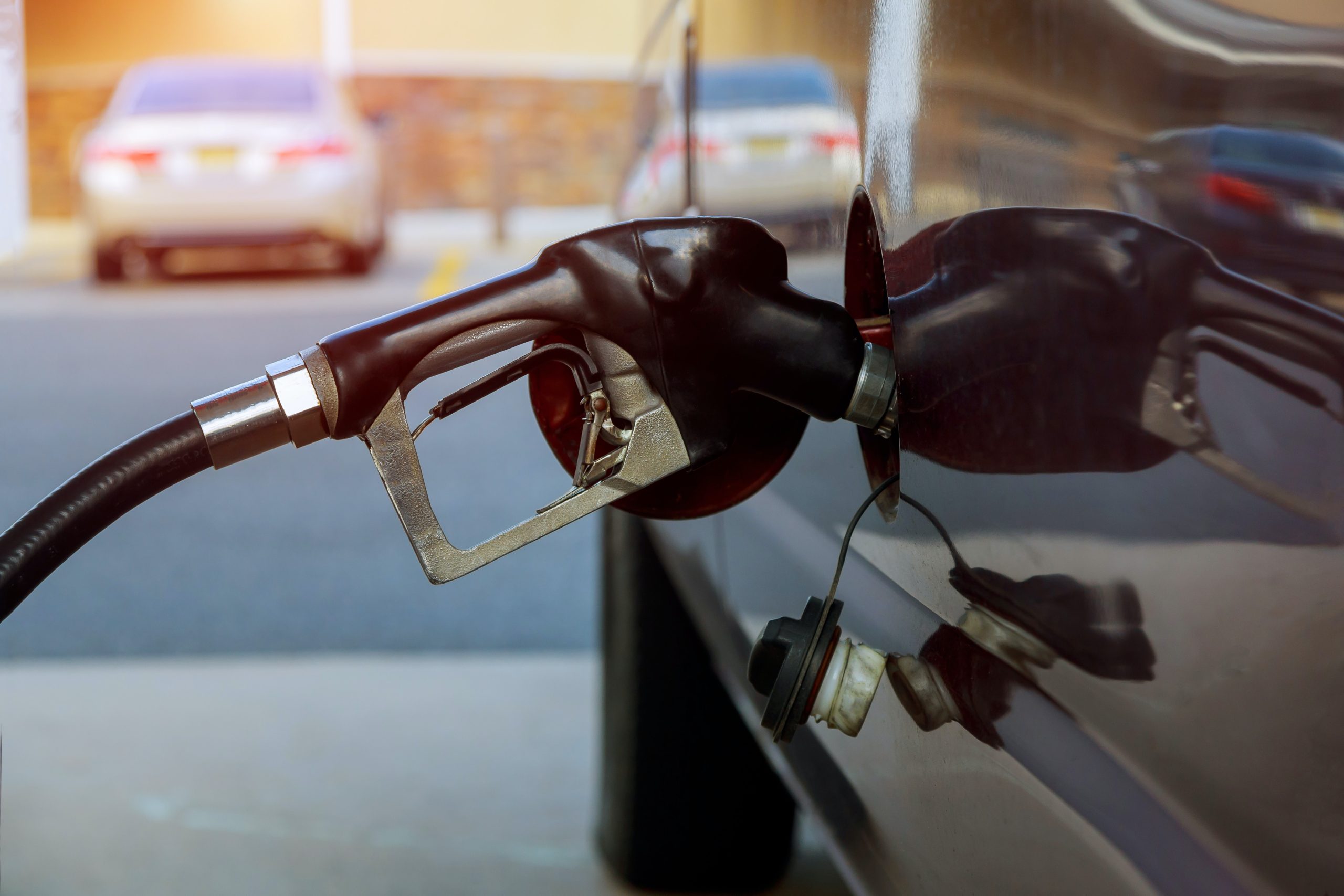Did you know that putting the wrong fuel in your car can lead to costly and frustrating repairs? If you’ve ever experienced the sinking feeling of realising that you’ve accidentally filled your car with the wrong type of fuel, you’re not alone. Misfuelling has become a common mistake among vehicle owners in the UK, with many people experiencing this incident at least once in their lives.
This blog post aims to educate and inform readers on the common symptoms of misfuelling, the potential damages it can cause, and how to prevent such a mistake in the future. At Fuel Fixer, we are dedicated to providing top-quality wrong fuel recovery services to get you back on the road quickly and safely.
Recognising the Signs of Misfuelling
The first step in addressing the issue of misfuelling is to become familiar with the common symptoms that indicate you may have used the wrong fuel in your car. Being able to identify these signs promptly can help prevent further damage to your engine and save you from costly repairs. Here are some typical signs of misfuelling:
- Loss of power: Your vehicle may feel sluggish or struggle to accelerate, as the wrong fuel can interfere with the combustion process and affect the engine’s ability to generate power.
- Excessive smoke: If you notice an unusual amount of smoke coming from your car’s exhaust, it could be due to the wrong fuel burning inside your engine, leading to incomplete combustion and the production of more smoke.
- Unusual engine noises: Different fuel types have varying combustion characteristics. Using the wrong fuel can cause your engine to make strange sounds, such as knocking, pinging, or rasping noises.
- Difficulty starting or stalling: A misfuelled engine might struggle to start, run inconsistently or even stall while idling. This is because the wrong fuel can disrupt the engine’s regular operating conditions.
Understand the Damage Caused by Misfuelling
The damage caused by misfuelling will vary depending on the type of fuel mix-up, how much of the wrong fuel was used, and how far the vehicle was driven before the problem was identified. However, acting quickly can help minimise the potential damage to your engine. Here’s how misfuelling can impact your vehicle:
– Petrol in a diesel engine: Petrol acts as a solvent, reducing the lubrication within a diesel engine, which can cause damage to the fuel pump and injectors. If left unchecked, this can lead to increased friction and wear within the engine, eventually causing it to seize up or fail.
– Diesel in a petrol engine: Diesel is more viscous and less volatile than petrol, which can cause issues with the ignition and combustion process within a petrol engine. This misfuelling can lead to blocked fuel injectors and cause damage to the catalytic converter and exhaust system.
Preventing Misfuelling: Tips and Best Practices
To avoid the hassle and expense associated with misfuelling, it’s important to follow best practices when refuelling. Here are some tips to help you prevent such an accident:
- Double-check your fuel type: Always take a moment to verify that you’re about to fill your vehicle with the correct fuel before pumping. Familiarise yourself with the colour codes and labels for petrol and diesel at your local fuel station.
- Invest in a misfuelling prevention device: A misfuelling prevention device, such as a fuel filler cap or a fuel cap adapter, can help prevent you from mistakenly inserting the wrong fuel nozzle into your car’s fuel tank. They are designed to only allow the correct fuel nozzle to fit, reducing the chances of misfuelling.
- Label your fuel cap: If you often switch between driving petrol and diesel vehicles, consider attaching a reminder label to your fuel cap, indicating the type of fuel your car requires.
- Stay focused at the pump: Distractions can easily lead to mistakes when refuelling. Allow yourself a moment of total focus when filling up your car to reduce the possibility of using the wrong fuel.
What to Do if You Misfuel Your Car
If you have accidentally filled your car with the wrong fuel, it’s essential to take swift action to minimise the risk of damage to your engine:
- Don’t start the engine: If you haven’t already, avoid starting your car’s engine. Doing so could cause the contaminated fuel to circulate around the engine, increasing the potential for damage.
- Notify the fuel station: Inform the fuel station attendant about your mistake, as it’s possible that other customers may have faced the same issue due to an error in fuel labelling or dispensing.
- Call for help: Reach out to a professional wrong fuel recovery service like Fuel Fixer. We’re equipped to drain, flush, and refill your vehicle’s fuel system to get you back on the road as soon as possible.
Misfuelling Doesn’t Have to Be a Disaster
Misfuelling can be an inconvenient and costly mistake, but with proper caution and by understanding the symptoms, it doesn’t have to be a disaster. Keep our prevention tips in mind and familiarise yourself with the signs of misfuelling to help avoid this issue in the future.
In the unfortunate event that you do misfuel your car, remember to act quickly and call Fuel Fixer for expert wrong fuel recovery services. Our team of trained technicians is available across the UK to help you get back on the road promptly and safely with 24/7 fuel replacement services.

